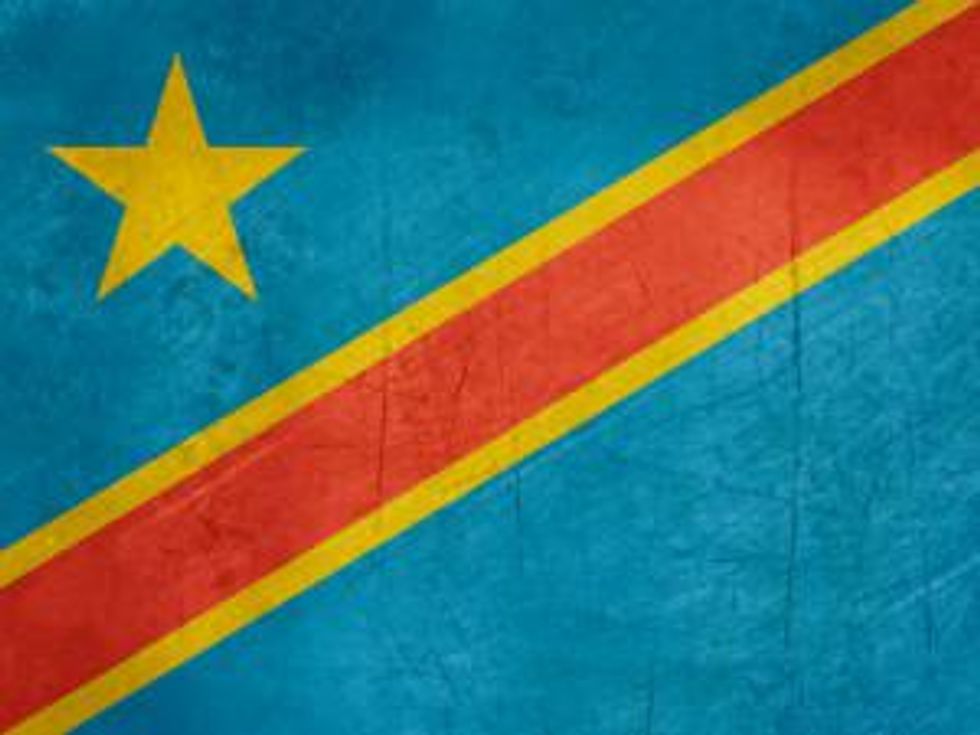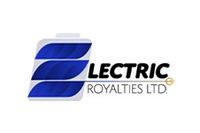The Conversation (0)
The Democratic Republic of the Congo has delayed its ban on the export of copper and cobalt concentrate for a second time.
As 2013 drew to a close, the big news in the cobalt sector was that the start date of the Democratic Republic of the Congo’s (DRC) ban on the export of copper and cobalt concentrate had been moved to December 31, 2014. It was supposed to come into effect on January 1.
“The export of copper and cobalt concentrates is banned,” Metal Bulletin quotes a notice signed by mines minister Martin Kabwelulu as saying, “[h]owever, a moratorium until December 31, 2014 is granted to all mining operators producing copper and cobalt to comply.”
The delay is a response to ongoing electricity constraints in the DRC, information that will likely be unsurprising to cobalt market participants. Since the ban’s announcement, skeptics have argued that the country simply does not have enough electricity to run the refining and processing equipment that the ban’s implementation calls for.
Indeed, the current delay marks the second time that the ban has been delayed. It was originally scheduled to begin in July 2013, but as that start deadline loomed, the country instead decided to increase the tax on cobalt concentrate exports by $40 per metric ton (MT). That put duties at $100 per MT on July 15.
No tax increase has been announced this time. Prices for the metal also do not seem to have been affected yet.
Brazil steps up
In what Metal-Pages is calling an “unprecedented request,” Brazil’s Companhia de Pesquisa de Recursos Minerais (CPRM) has submitted a plan to explore for minerals “on the seabed in a three thousand metre squared area of the South Atlantic Ocean.” The area is “said to contain a crust rich in manganese, cobalt and iron ore.”
The application was submitted on December 31 to the Jamaica-based International Seabed Authority (ISA), which states on its website that “the applicant has elected to offer an equity interest in a joint venture arrangement with the enterprise in lieu of a reserved area,” as per Metal-Pages.
Expanding further on the proposal, BNamericas notes that Brazil has said it will invest US$11 million during the first five years of exploration; in total, exploration would last 15 years. CPRM’s application is to be assessed on February 3, at the ISA’s next commission meeting.
Price update
December was a fairly quiet month for cobalt prices. Metal-Pages reported on December 3 that the western cobalt industry had seen little impact from a late November power transformer blowout at Eurasian Natural Resources’ (LSE:ENRC) Zambia-based Chambishi operation. Cobalt 99.6-percent material was up just 10 cents, to $11.60 to $12.60 per pound, while the 99.3-percent and 99.8-percent grades were steady, trading at $11.25 to $12 per pound and $11.75 to $12.75 per pound, respectively.
Over in China, the story was a little different. Metal-Pages said on December 18 that the Chinese cobalt market had “rebounded after falling for three months” due to both the incident at Chambishi and an ore price increase expected next year from major miner Glencore Xstrata (LSE:GLEN). Chambishi 99.8-percent material sat at $14.36 to $14.65 per pound, up from $14.06 to $14.43.
Most recently, Metal-Pages reported a London Metal Exchange settlement cobalt cash price of $29,000 to $30,000 per tonne on January 7. The previous range was $26,200 to $26,700 per tonne.
Company news
Midway through December, Glencore Xstrata paid $430 million in cash to acquire the remaining 14.5-percent indirect equity interest in Mutanda Mining from High Grade Minerals, as per Mining Weekly. Glencore Xstrata now holds a 69-percent indirect interest in the company, while the rest is owned by a subsidiary of Fleurette, which, the news outlet explains, is “owned by Line Trust Corporation on behalf of the Ashdale Settlement, a trust established in 2006 for the benefit of the family of Dan Gertler.”
Mutanda, a copper and cobalt producer operating in the DRC, is “seen as one of Glencore’s key growth assets in Central Africa’s copper belt,” Mining Weekly notes. Metal-Pages states that in 2012 it produced 87,000 tonnes of copper and 8,500 tonnes of cobalt.
Junior company news
Releasing a slew of news throughout December was strategic metals company Global Cobalt (TSXV:GCO), whose focus is on Russia’s Republic of Altai.
Perhaps most notably, the company reported on December 19 the completion of the 2013 drill program at its Karakul project. Though all assay results are currently pending, Erin Chutter, Global Cobalt’s president and CEO, commented that they “confirm the mineralization delineated by historic operators” and “should ultimately increase the confidence in the historic resource estimates as we prepare an NI 43-101- compliant Resource Report in the coming months.”
On a different note, the company announced a C$2-million non-brokered private placement financing on December 16. Initially, Global Cobalt planned to issue up to 10,000,000 units at a price of $0.20 each; however, the day after the financing was announced, Global Cobalt revealed that it had been oversubscribed and increased the size of the offering to up to 11,250,000 units. That will allow the company to raise $2.25 million.
Securities Disclosure: I, Charlotte McLeod, hold no direct investment interest in any company mentioned in this article.
Related reading:
Cobalt Prices Sink as DRC Delays Export Ban
Global Cobalt: Making Strides in Russia’s Altai Republic


